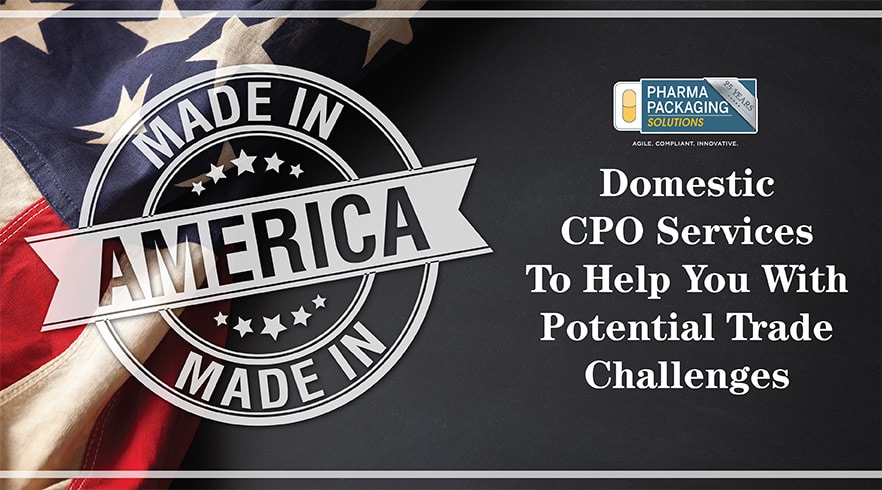During my thirty fours years in the packaging business, I have realized packaging touches more departments than any other component purchased by our customers. Our business is providing printed folding cartons and pharmaceutical contract packaging which involves departments ranging from engineering, design, operations, regulatory and marketing. The marketing department is always engaged considering the package is the first impression impacting the customer. Our packaging has provided that “first impression” for many medications.
Working with hundreds of customers from startups to the small family owned business to Fortune 500 companies through the years, I have come away with a unique perspective. A perspective that has allowed me to experience how all these companies, play the game. The common theme through all these departments and companies is the Pride they have in making their product. There is something special about someone looking you in the eye with great pride telling you about why their product is different and better than the competition. It is not difficult to notice that their pride does not stop with the project at hand. Rather it runs through their department team, through their company and community. This pride rolls right into loyalty as they tell you about how long they have been with their company and want to tell you their history of how all this started. They often share how their local sports team is doing and prospects for the future.
Often, I am told the best idea on a project came from one of the line workers. Manufacturing the product provides a view and perspective to help answer the “what if” questions. ‘What if we changed the tooling or the way we package the product to streamline the process?’ This thought process provides the impetus to improve. In the late 1980’s and to the early 2000’s our country saw an exodus of manufacturing jobs as products were outsourced and offshored. Certainly, you can understand why companies were attracted to low wages, reduction of facilities, and reduction of costs related to environmental regulations or safety. It is obvious that if you do not make the product in America, you certainly do not need the package. Therefore, many companies like ours went out of business or were gobbled up by major corporations.
Offshoring increased sales and profits but over time the ability to respond to market conditions, innovations, and controls on the supply chain were sacrificed. We understand full well that offshoring impacted the manufacturing multiplier, jobs, and the middle class in this country. What we did not realize was the impact to the “Pride” factor. When you remove manufacturing from the supply chain, you lose those longtime loyal employees. You lose the fabric of a community and an identity of what separates your product from the competition.
One of the many aspects of the pandemic is that it exposed the vulnerability to our healthcare supply chain. Over the last several decades our healthcare supplies have been offshored and it has left America in a dangerous position. Suddenly Made in America is prominent again. Our company has been fortunate to serve many markets through the years but our focus on pharma has provided a foundation that allowed us to not only stay in business but grow organically rather than through acquisitions. Our customers have told us organic growth from a family business has allowed them to build trust in their supply chain versus a company that is owned by an international conglomerate or a venture capital firm. As we grow so do our associates and suppliers. This growth not only represents key indicators in the manufacturing multiplier and thus the middle class. It also helps the environment by reducing the carbon footprint. But more importantly, at least from this point of view, it restores the Pride that it was Made in America. – Scott Garverick







